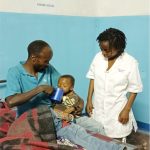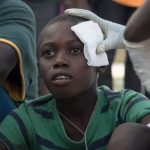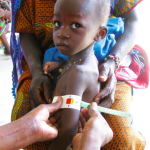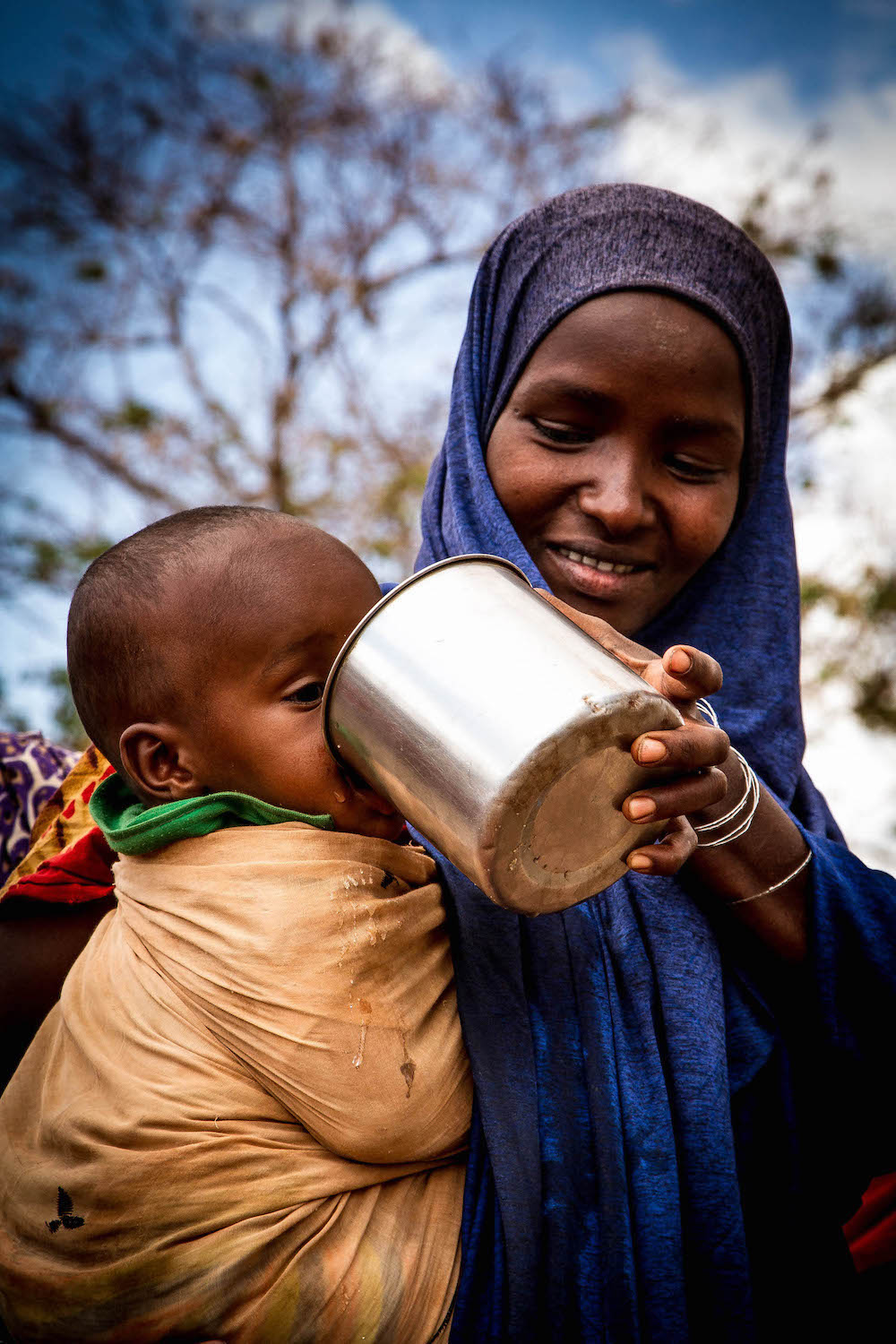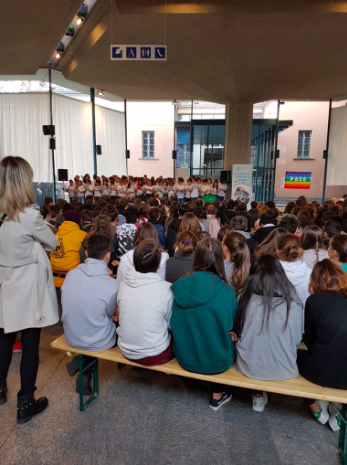RAISED: € %RAISED%
Food crisis and desertification in Dosso, Niger
The Dosso region of Niger is considered among the areas with the highest numbers of people exposed to food insecurity due to climatic shocks (drought / floods) that affect the country, isolation and the limited resources of the population in terms of agricultural means and agro-pastoral techniques.
In this region the situation of isolation and vulnerability is particularly significant; the population is composed by 80% of farmers and 0.5% of breeders. Located in the South of Niger, Dosso borders the region of Tahoua in the East, the Tiballeri region North-West and Benin and Nigeria in the South.
The areas of Dogonkiria and Soucoucoutane have been particularly affected by the recent droughts and have dramatically affected the availability of food for the agro-pastoral communities. In addition, the areas suffer from other environmental consequences such as floods and strong winds. These events have led to the degradation of the vegetation and the emergence of areas of high water and wind erosion.
In particular, drought and land degradation are major threats to the crops and contribute to the scarcity of food.
Through the activities of food for work, COOPI Suisse intervened in response to the food emergency through the distribution of seeds in exchange for work. Hereby we hope to make a recovery of the degraded land and give some life back through the reforestation of herbaceous species suitable for grazing.
The revaluation was carried out using the technique of half-moon structures. The areas of priority concerned a stretch that extends from Dodoria to Toudaunajak in the municipality of Dogonkiria, and the Modaba plateau in the municipality of Soucoucoutane. The areas to be reclaimed and developed have a size of 12 hectares. For the construction and the maintenance, the project worked in close collaboration with the municipalities, in order to identify the teams responsible for the development and protection of these pieces of land.
The work was "rewarded" by distributing 5 kg bags of millet for every half-moon. The beneficiaries were divided into teams of 3 to 5 people.
The project was carried out in 2018 and recovered 22 hectares and employed 468 people.
The second project concluded between 2018 and 2019, in addition to the recovery of 10 hectares for pastoral and forestry purposes, included strengthening the ability of members of local institutions to organize and manage campaigns for the public about environmental issues.
COOPI Suisse collaborated on site with COOPI Niger and with local institutions and relative technical services.
Period of implementation of the projects: 2018- 2019
The projects were executed thanks to COOPI Suisse’s regular donors, which adhered to the #letschangehistory campaign.






